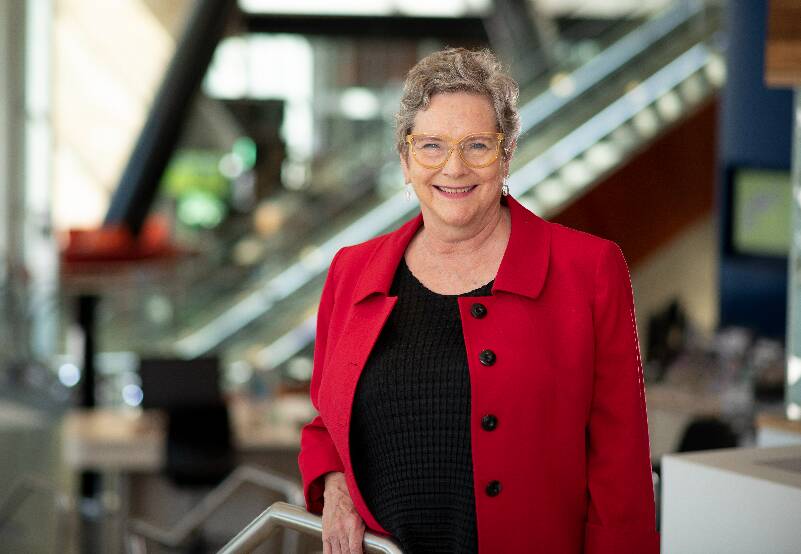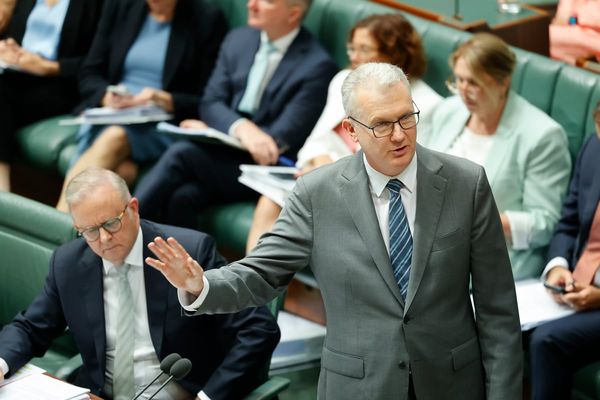
This week's federal budget delivered some overdue recognition for the Hunter, and started to put pieces in place to support the region through the peaks and troughs of our transitioning economy.
Once again, boosting jobs and productivity are front and centre, but this time it is through the lens of realising Australia's renewable energy ambitions.
In the past week, the Newcastle Herald and the University of Newcastle's Institute for Regional Futures have released analyses of new Australian Bureau of Statistics data that highlights the changing geography of jobs in the Hunter. Both have thrown a light on the steady increase in services jobs, the downward trend in manufacturing jobs, and the stability in the number of mining jobs.
Added to evolving trends in mining and energy as the world moves towards net zero emissions, and the need to secure high skill knowledge jobs against stiff competition from Australia's capital cities, it is clear that the Hunter has new opportunities and challenges to prepare for.
The federal budget included announcements that will support the Hunter across three key challenges - investment in securing new energy and manufacturing jobs in regional areas, supporting communities through the energy transition, and enhancing skills and training.
First, the realities for regions such as the Hunter in securing a share of new energy opportunities, including export markets, have heightened dramatically in recent months.
The United States Inflation Reduction Act - a half trillion US dollar package to ensure it captures much of the emerging clean energy economy - is directly influencing capital investment decisions globally. Local start-ups, Australian superannuation funds, and major global companies are shifting their projects and horizons to the US due to the funds on offer.
The long-mooted global demand for products such as hydrogen, decarbonised metals and renewable energy equipment is arriving. However, there is a gap between the price customers want to pay, and the price for emerging products as technology and scale catches up to demand. Countries with any eye to the future, and deep pockets, will pay the gap between production and sale price to lock in a lucrative new industry.
This matters for the Hunter, as the industries that are challenged by these new sectors are some of our core employers. We have genuine opportunities to secure our share of new sectors if policy settings are supportive. The federal budget offers important steps in this direction, including an additional $4 billion towards the government's "renewables superpower" investment. This additional funding includes a focus on attracting industry to regions through the Powering the Regions Fund and a Hydrogen Headstart fund to increase competitiveness.
The second important future-facing key for the Hunter is the national Net Zero Authority, which was announced at Liddell in the Upper Hunter, and supported by $400 million in the budget. The authority is explicit recognition that regions such as the Hunter face challenges through the domestic and global energy transitions. It recognises that support is needed to retrain workforces and to clear barriers to facilitate investment in transition-affected regions.
The third key announcement that should benefit the Hunter was an additional fee-free 300,000 TAFE places, with a focus on "critical" industries such as clean energy, digital, and care sectors. To hold and boost our place in future wealth-generating industries in the knowledge, energy and manufacturing sectors, the Hunter must secure a fair share of these training places as well as the facilities and operational funding that supports effective training. Vocational sector investments not only support individuals on their life journey, they expand the pool of talent essential for attracting and supporting new opportunities in a changing regional economy.
The announcement of fee-free TAFE places, a $3.7 billion five-year investment in the national skills agreement with the states and territories, and a current assessment by Jobs and Skills Australia into the energy sector, should provide direct opportunity for the Hunter. It will be important to ensure that the Hunter's value and needs are recognised as these funds are rolled out.
The 2023-24 federal budget is a signal to regions such as the Hunter that they will have an important role in helping Australia realise its renewable energy agenda.
The next challenge is to ensure these policies are implemented in a way that reflects the region's deep knowledge of how the Hunter can best deliver for its communities and the nation.
Professor Roberta Ryan is the executive director of the Institute for Regional Futures, University of Newcastle
WHAT DO YOU THINK? Join the discussion in the comment section below.
Find out how to register or become a subscriber here.







